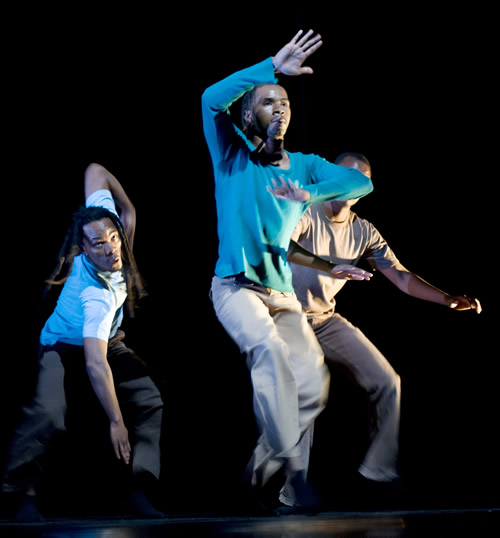Living in Compromise
Wednesday, December 8th, 2010 by Upenyu Makoni-MuchemwaIn her editorial for the first edition of BUWA, editor Alice Kanengoni describes a typical domestic scene: women in the kitchen preparing a meal, men in front of the television or at a table playing games. I was reminded of the funerals; weddings etc that I’ve attended where the men are either around the fire or in the house waiting for a meal, drinks, and the women are doing the work. Women themselves view their rightful places in society as being by the fire or the stove, cooking and serving.
As an adult woman, I wonder at my mother’s strength and energy in my childhood; she worked full time, just like my father did, her job was just as demanding as my fathers, and yet at the end of her work day she came home to cook, clean and help with homework. My father came home to his favourite chair, television, snacks dinner and a drink.
I remember whenever I was untidy or refused to cook, or did some other unwomanly thing she would start her reprimand with “musikana akanaka ano…” (a good girl does..). When I asked her why I had to be a good girl she would reply that it’s part of our traditions, how would I be married if I couldn’t keep house? My mother is a highly educated woman, smarter than anyone I know, and a strong willed, independent thinker. But for her, who she is at work, and who she is at home are two different and very separate people.
In her article for BUWA, titled Contemporary African Feminism, Professor Patricia McFadden writes:
In very general terms, feminism as a radical thinking/ conceptual tradition has deliberately ruptured the boundaries of conventional, often reactionary knowledge production everywhere it has been practised, and has challenged conventional as an ideological practice, by arguing for a politics of transformation and of daily life.
She goes on to say:
Feminism is the rejection of and struggle against Patriarchy (as a system and set of structures and ideologies that privilege men and allot them various forms of power in all societies) and is also the celebration of freedom for women everywhere. As Stevi Jackson and Jackie Jones (1998) put it: ” Feminist theory seeks to analyse the conditions which shape women’s lives and to explore cultural understandings of what it means to be a woman.”
For many women in Africa, feminism is something that we practise outside our homes and our families. Our cultural understanding of womanhood is sometimes in direct conflict what we say in meetings about gender equity and social justice for women. Patriarchy is something we fight at work or in the streets. At home not only do women accept it, they also seek to perpetuate it but granting privilege to their sons and insisting that their daughters become domesticated in the traditions of their mothers, grand mothers and great grand mothers. I think many African women, like my mother and even myself have struggled, or are struggling with the notions of being an African woman, a feminist and an African Feminist. We struggle to translate an academic concept into reality in our own lives, and often end up living two lives in compromise.










